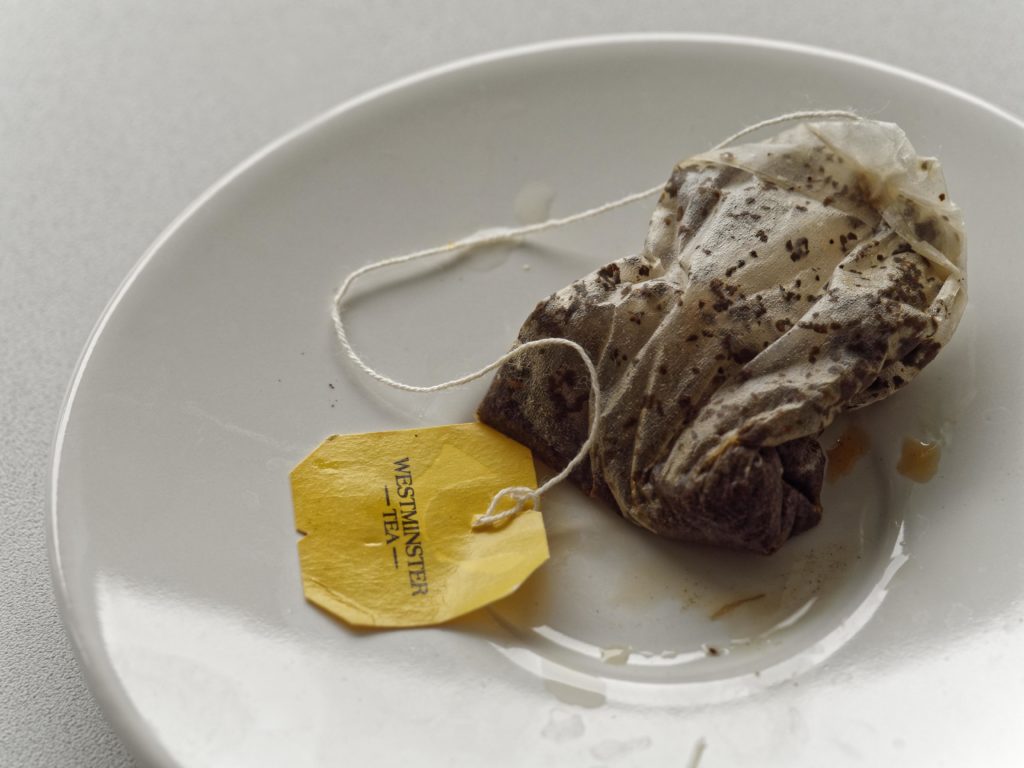I have recently begun looking for alternatives to coffee and tea for my morning wake-me-up.
I should mention that I enjoy both coffee and tea — the real things — but I know that these are items that must be brought here to northwest Arkansas across great distances. If, one day, civilization as we know it were suddenly to rattle to a halt, I could find myself waking up with an unfillable void between sleep and breakfast. So, because I worry about these things, I’m looking for acceptable local alternatives.
To simplify the process, I’ve decided that we can eliminate coffee right off the bat. There is no acceptable “alternative” coffee. Coffee is coffee or it’s dishwater with pretensions. Move along, nothing more to see here.
Tea is a different situation. I like tea, real tea, but I can accept that other plants might be useful for the same purpose. But what plants? In what sort of combinations? To make black tea, the leaves of the Thea sinensis shrub are picked fresh but then dried, soaked, fermented and re-dried before being steeped in boiling water for my enjoyment. For all I know, once subjected to that kind of treatment brussel sprouts might make an appealing beverage, but I am not prepared to work through those possibilities by trial and error.
There is a story that tea drinking was a habit picked up by the Portuguese in East Asia at a time when there was little other contact between the Asian and European cultures. A Portuguese princess married into English royalty and took the custom with her to London, where it became all the rage among the social elite. An enterprising ship’s captain, smelling profit, decided not to sell his tea in Portugal as was customary, but to take it all the way to London, where he could expect to get premium prices while the fad lasted, only to have his ship nearly foundered in a storm in the Bay of Biscay. By the time the tempest had abated, his holds had been flooded with rainwater, and the cargo had begun to rot. Rather than admit failure, the captain had the bales of tea taken out and dried, then repackaged, and he sold it to the unsuspecting English as if nothing had happened. Since most of the new tea-drinking leisure classes had never actually seen tea, they were fully prepared to accept the black, flaky mess as legitimate. The rest is history: we in the west are only just now rediscovering tea that has not been subjected to such treatment, so-called “green” tea.
This story is, quite possibly, a complete fabrication, but even so it has a certain appeal.
Onward…
To begin with, the ingredients have to be locally available, or the whole undertaking is wasted. We’re working under the assumption that there are no more slow boats to China: it grows here or we look for something else. This eliminates rooibos and yerba mate, two popular tea/coffee substitutes. No cinnamon, no orange peel, no allspice or lemon slices, so we’re looking for something that can stand on its own. (Even sugar may be a problem, although I prefer honey anyway.) Whatever it is, it’s going to have to taste like something.
Reading Anna Zouroudi’s excellent novel Messenger of Athens a few months back, I became informed of the popularity of sage tea in Greece — where, to some extent, civilization could be said to have collapsed quite some time ago. Garden Sage (Salvia officinalis) grows well here in northwest Arkansas, so I tried making tea from the dried leaves of the sage that I had originally intended for pork loin and roast chicken, before an outbreak of vegetarianism forced me onto other concerns.
To my delight, the sage actually made a pretty respectable drink. It lacked depth, but I was sure I could compensate by adding a bit of dried fruit to the mix (since I wasn’t going to be stuffing pork loin with with that, either.) After a bit of experimenting, I discovered that the combination of dried sage leaves and dried elderberries made a very respectable hot drink: not as pale and weedy as chamomile, but not too heavy or fruity, either, (and without the startling aroma of valerian, which I occasionally drink as a sedative.)
The final recipe? A mixture of roughly equal parts of dried sage and dried elderberries, with one or two dried juniper berries added per cup (for that little touch of turpentine that makes getting out bed worthwhile.)
Will I give up coffee and tea, now that I have an acceptable local substitute? Not likely, but I’m enjoying the idea of having a choice. And If, as the caliber of this year’s Republican primary debates suggest, we are staggering into a new Dark Ages, I’ll be ready with that hot cuppa.
* * *





Leave a Reply